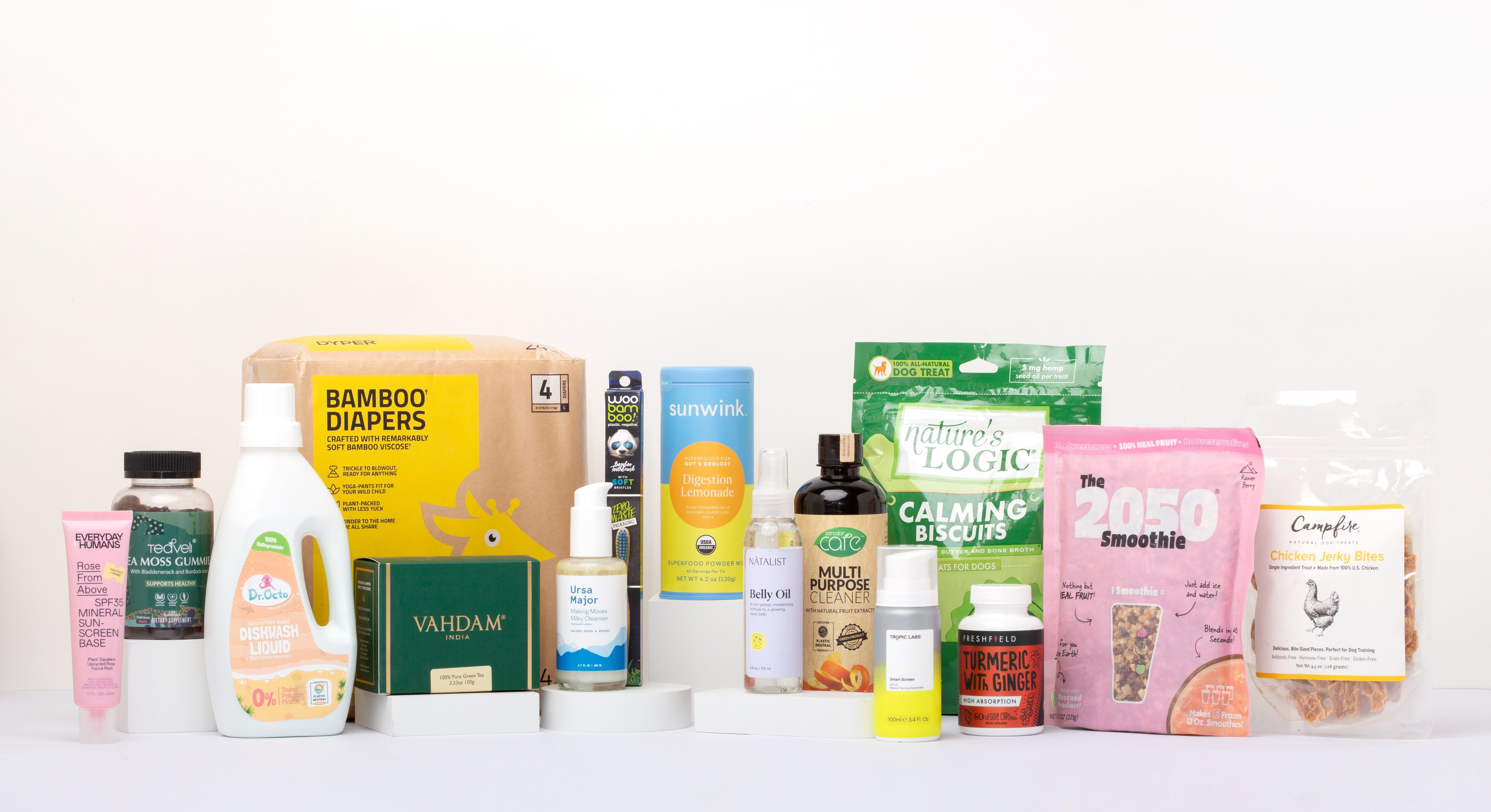Sustainable New Year Resolutions to Save the Planet
You can help the planet while helping yourself this new year by taking these sustainable new year resolutions to heart and vowing to not break them all year.
1. Dietary Changes

Most of us underestimate the impact each takeaway container has on our planet. We tend to take the convenience for granted and often forget to consider the cost of our ease. This coming year, make sure to cut down on the amount of packaging served with your meals. Cooking your own food or eating out with reusable plates and cutlery is a sustainable alternative!
What you eat matters too. With homemade meals and restaurant visits, make sure to pick organically sourced options. For example, choose seasonal fruits and veggies at your local farmers’ market instead of imported ones at supermarkets. Make an active attempt to choose natural foods over packaged ones when given the option. Craving dessert? Pick a homemade yogurt over ice cream! Nuts and berries make for great snack alternatives to swap your chips out for!
2. Being a Conscious Consumer:

Our must-do sustainable new year resolutions- consuming consciously. Pay attention to a brand’s values before buying into them. What material does this product use? How is it manufactured? Does the company contribute to social causes that help the planet? These questions take less than 2 minutes to answer and help inform your buying choices in the long term. You can now rest assured that you’ve made a purchase that’s good for you and the world!
Once you’ve informed yourself on what each brand stands for, choose the ones that are best for you in the long run. Always remember quality over quantity. The greater the quality, the lesser your overall footprint. In this case, the product is also likely to last much longer and keep you from buying more. Check out these sustainable skincare and outdoor clothing brands that will last you in the long haul.
3. Mind Your Footprint:

The biggest mistake we make through our sustainability journeys is mindlessness. We try to keep our ecological footprints at the back of our heads but often, that isn’t enough. This year, aim to keep a log of the waste you’ve generated. It doesn’t have to be too specific – a weekly log of your single-use plastics is also a good place to start! This is also a good way to track your progress if you’re looking to go zero waste!
Despite your most earnest efforts to follow these sustainable new year resolutions, you’re still bound to generate a bunch of waste – at least towards the beginning of your journey. Even if it is a small amount, don’t turn a blind eye to it – recycle or act on it via plastic credits instead! Plastic credits are a simple way to reduce the amount of waste you put into the world while creating social impact too!
Start this new year by taking care of your plastic waste and going Plastic Neutral with us today. Do your part in helping keep the oceans safe by acting on your plastic footprint for about the price of a coffee a month!
Get Started with Verified Plastic Recovery for your Brand
rePurpose Global is here to support your sustainability roadmap with impactful and measurable Plastic Action solutions that deliver immediate results. Partner with us to measure your plastic footprint, fund plastic waste recovery, and create strong sustainability messaging for your brand.
Talk to our team to explore how we can work together.

Related Posts
5 Ways Marine Plastic Pollution Threatens Wildlife
Marine plastic pollution is increasing daily. Immediate action is needed to take a stand and begin to address the plastic epidemic threatening our oceans.
7 Types of Plastic: How do they Impact our Environment?
What are the 7 types of plastic? These are plastic categories that vary in their chemical composition, purpose, recyclability, and hazardous nature.
Air Pollution by Burning Plastic: How is it Caused?
With over 300 million tons of plastic being produced every year, plastic is very much part of every aspect of our lives. Incarcerated a lot of times, air pollution by burning of plastic affects millions today. Bus, how is it caused?















